![]() This is Part 6 in a series of University of Hawai`i Press blog posts celebrating University Press Week and highlighting scholarship published by UH Press journals in the past year. Read our introductory blog post here. Our hope is that this series will shed new light on how UH Press “sells the facts,” so to speak, and the value our 24 journals bring to our very existence. Links to each journal and article are provided below.*
This is Part 6 in a series of University of Hawai`i Press blog posts celebrating University Press Week and highlighting scholarship published by UH Press journals in the past year. Read our introductory blog post here. Our hope is that this series will shed new light on how UH Press “sells the facts,” so to speak, and the value our 24 journals bring to our very existence. Links to each journal and article are provided below.*
Climate Change and Natural Disasters
Asian Perspectives: The Journal of Archaeology for Asia and the Pacific, Volume 56, Number 2, 2017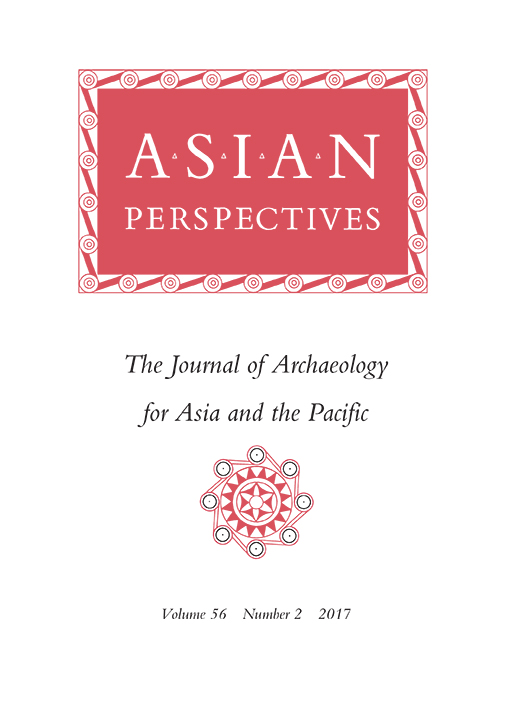
Article: “The Search for Tsunami Evidence in the Geological and Archaeological Records, With a Focus on Japan” by Gina L. Barnes
Context: Archeologist Gina L. Barnes takes a look at tsunami sites through the lens of disaster preparedness: “tsunami damage seldom leads to collapse of a society or civilization, though the socio-economic status of the affected society is crucial to the nature of human response […] Disaster archaeology, including tsunami archaeology, is thus a timely and welcome approach to understanding the situation of the world today.”
Pacific Science: A Quarterly Devoted to the Biological and Physical Sciences of the Pacific Region, Volume 71, Number 4, October 2017
Article: “Estimating Cost-Effectiveness of Hawaiian Dry Forest Restoration Using Spatial Changes in Water Yield and Landscape Flammability under Climate Change” by Christopher A. Wada, Leah L. Bremer, Kimberly Burnett, Clay Trauernicht, Thomas Giambelluca, Lisa Mandle, Elliott Parsons, Charlotte Weil, Natalie Kurashima, and Tamara Ticktin
Context: This study joins dozens of Pacific Science research articles that show the effects of climate change, and it appears with seven open-access articles that focus on the challenges facing native forest restoration in Hawai’i and the Pacific region. (And while we’re “selling the facts,” we should mention Pacific Science also published a peer-reviewed biological fact in the past year: the discovery of a new species of Stylasterid in the Northwest Hawaiian Islands.)
Yearbook of the Association of Pacific Coast Geographers, Volume 79, 2017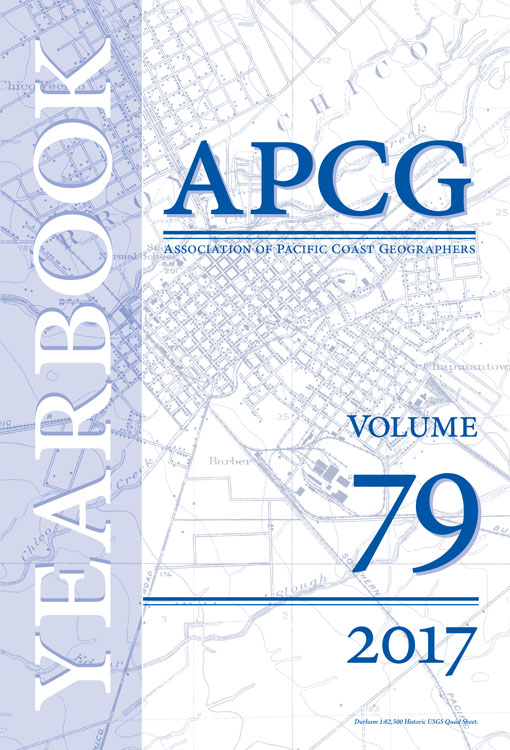
Article: “Institutional Obstacles to Beaver Recolonization and Potential Climate Change Adaptation in Oregon, USA” by Jeff Baldwin
Context: As streams dry up due to climate change, beaver are being displaced from their natural habitats. This study critically examines five institutional blockages to beaver recolonization in Oregon through multiple interviews, policies, and publications.
The Contemporary Pacific: A Journal of Island Affairs, Volume 29, Number 2, 2017
Section: “Year in Review: International Issues and Events” by Nic Maclellan
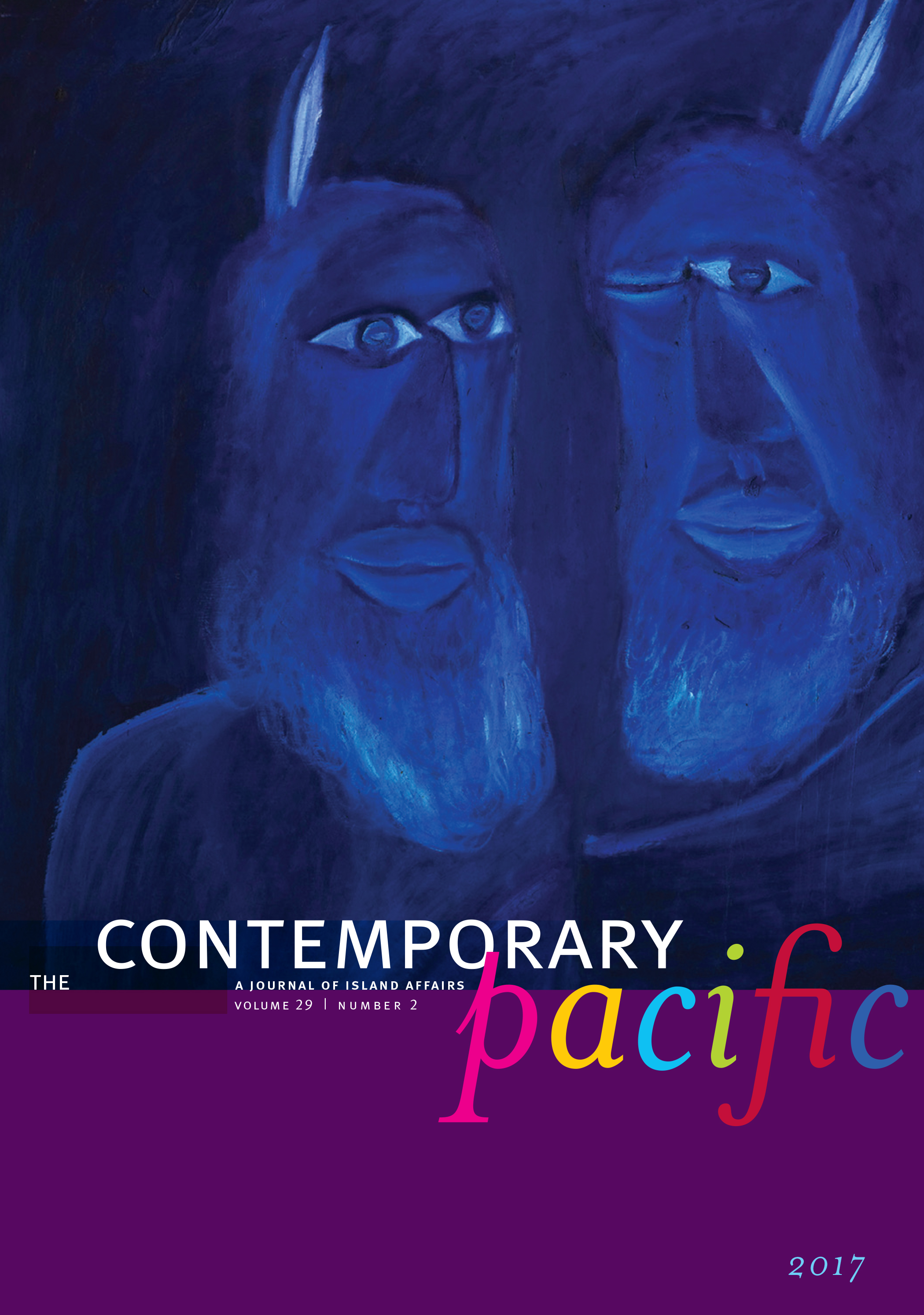 Context: Nic Maclellan reflects on the U.S.’s political influence on the Pacific region, especially as it relates to environmental regulation: “Debates over climate action, West Papua, fisheries, and trade continued as a feature of regional affairs in 2016, often dividing Pacific governments and their international partners. The election of Donald Trump as U.S. president in November set the stage for these divisions to continue, given Trump’s statements during the election campaign on climate change and America’s new directions in foreign policy.” This introduction is followed by more reports from the field, including Fiji, Papua, Solomon Islands, and Vanuatu. Also appearing in this issue: “Climate Change and the Imagining of Migration: Emerging Discourses on Kiribati’s Land Purchase in Fiji” by Elfriede Hermann and Wolfgang Kempf.
Context: Nic Maclellan reflects on the U.S.’s political influence on the Pacific region, especially as it relates to environmental regulation: “Debates over climate action, West Papua, fisheries, and trade continued as a feature of regional affairs in 2016, often dividing Pacific governments and their international partners. The election of Donald Trump as U.S. president in November set the stage for these divisions to continue, given Trump’s statements during the election campaign on climate change and America’s new directions in foreign policy.” This introduction is followed by more reports from the field, including Fiji, Papua, Solomon Islands, and Vanuatu. Also appearing in this issue: “Climate Change and the Imagining of Migration: Emerging Discourses on Kiribati’s Land Purchase in Fiji” by Elfriede Hermann and Wolfgang Kempf.
*Institutional access to online aggregators such as Project MUSE may be required for full-text reading. For access questions, please see the Project MUSE FAQ available here or contact your local library.
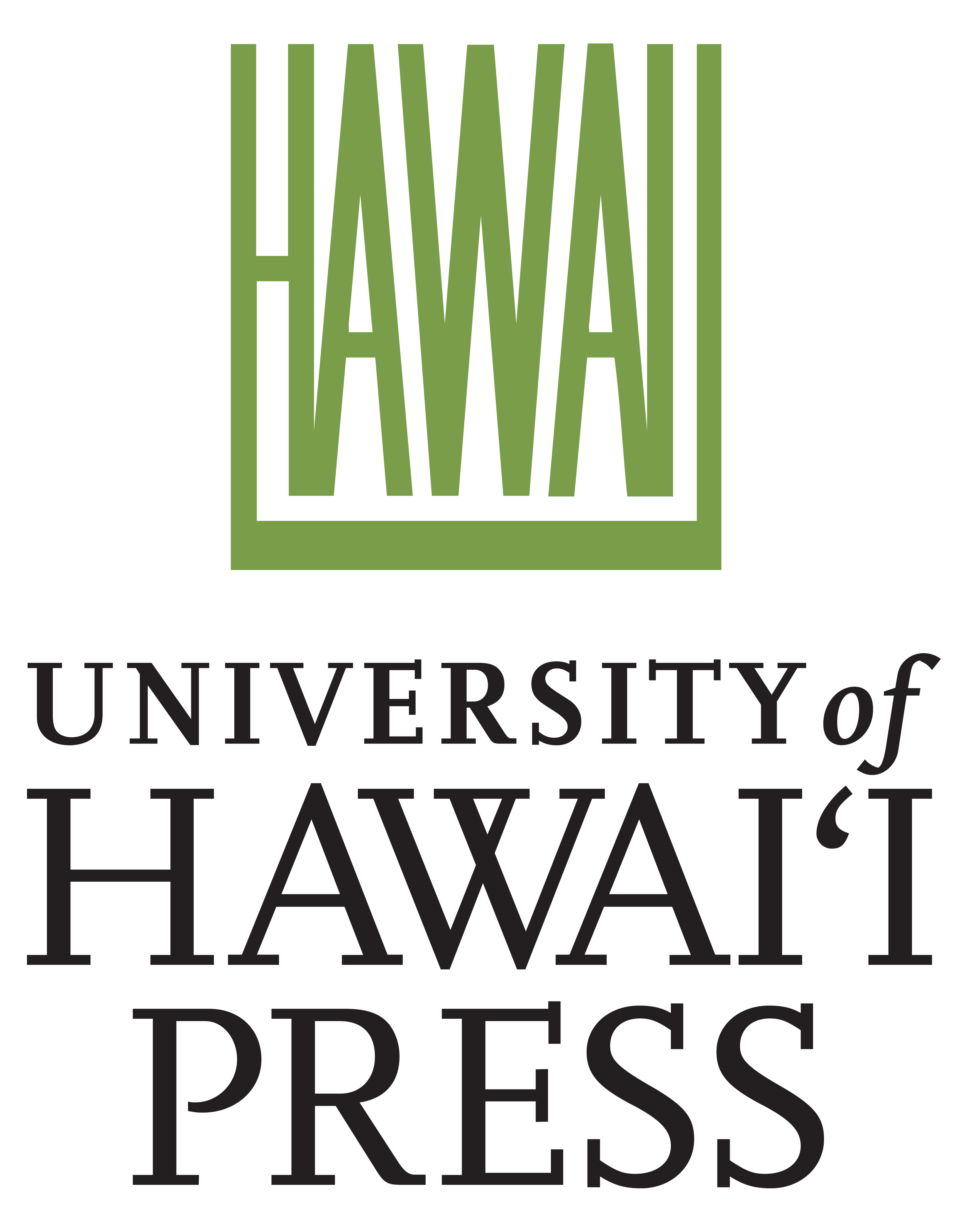 Established in 1947, the University of Hawai`i Press supports the mission of the university through the publication of books and journals of exceptional merit. The Press strives to advance knowledge through the dissemination of scholarship—new information, interpretations, methods of analysis—with a primary focus on Asian, Pacific, Hawaiian, Asian American, and global studies. It also serves the public interest by providing high-quality books, journals and resource materials of educational value on topics related to Hawai`i’s people, culture, and natural environment. Through its publications the Press seeks to stimulate public debate and educate both within and outside the classroom.
Established in 1947, the University of Hawai`i Press supports the mission of the university through the publication of books and journals of exceptional merit. The Press strives to advance knowledge through the dissemination of scholarship—new information, interpretations, methods of analysis—with a primary focus on Asian, Pacific, Hawaiian, Asian American, and global studies. It also serves the public interest by providing high-quality books, journals and resource materials of educational value on topics related to Hawai`i’s people, culture, and natural environment. Through its publications the Press seeks to stimulate public debate and educate both within and outside the classroom.
For more information on the University of Hawai`i Press and our publications, visit www.uhpress.hawaii.edu. To receive table-of-contents email alerts for these publications, please click here to sign up at Project MUSE.






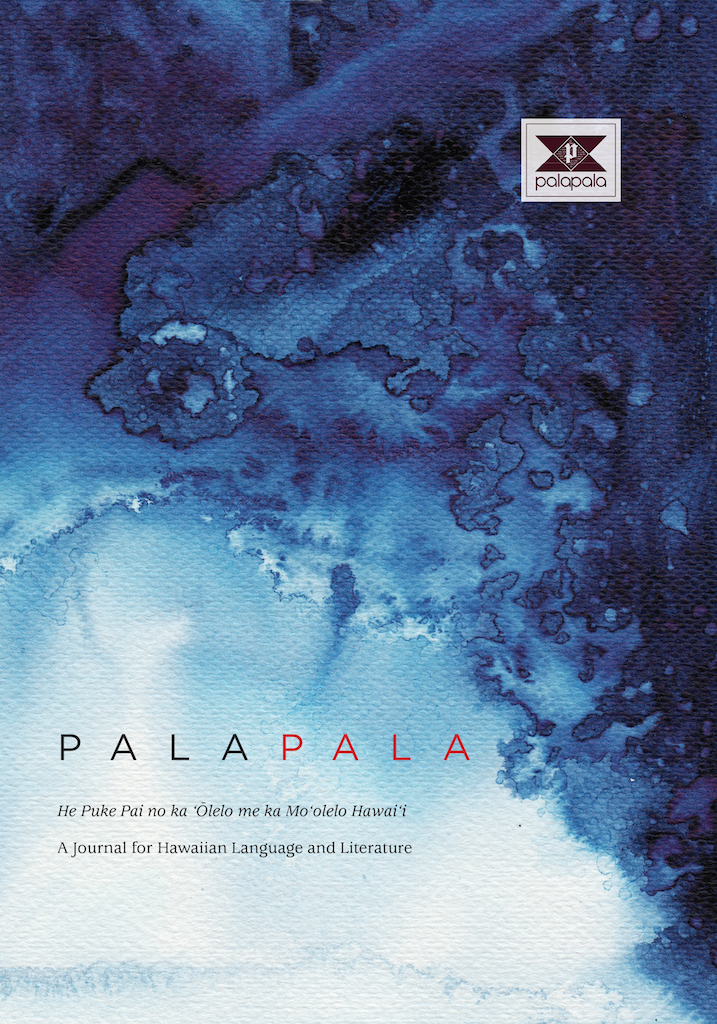
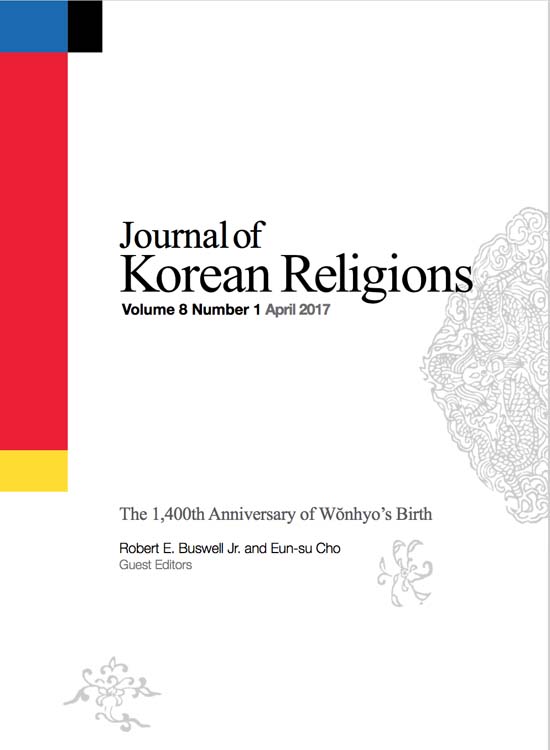

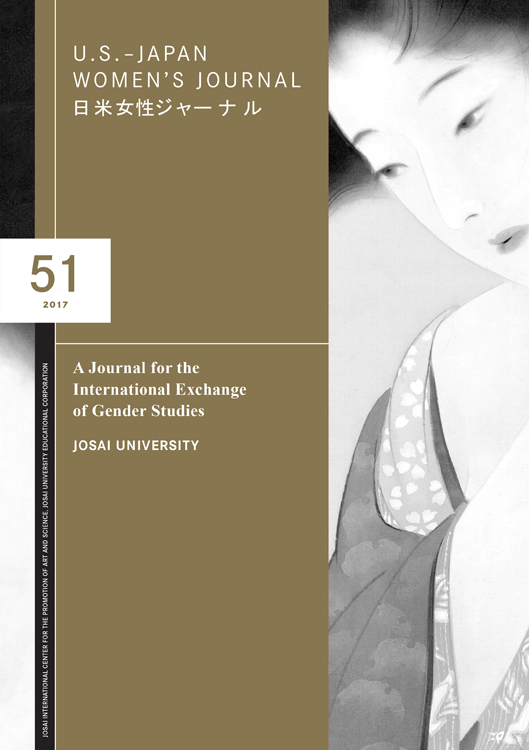



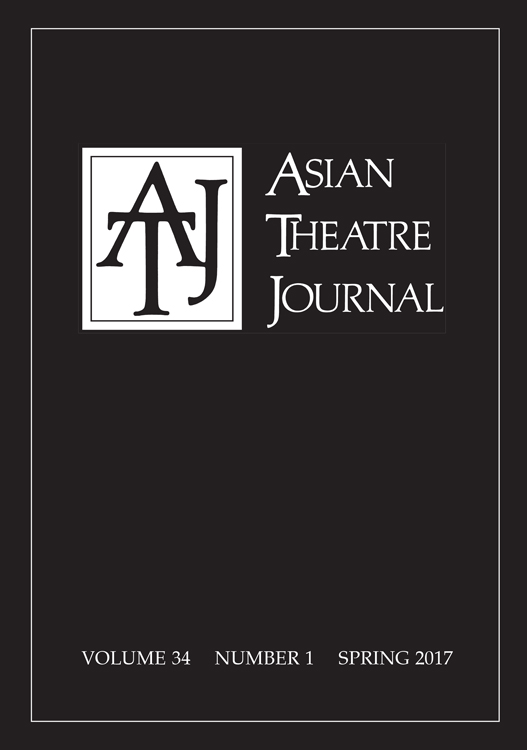
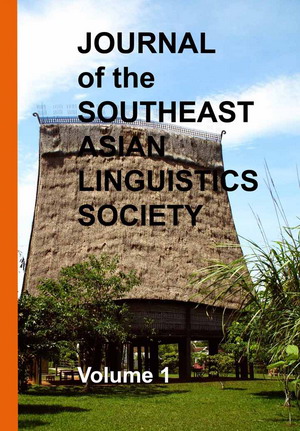
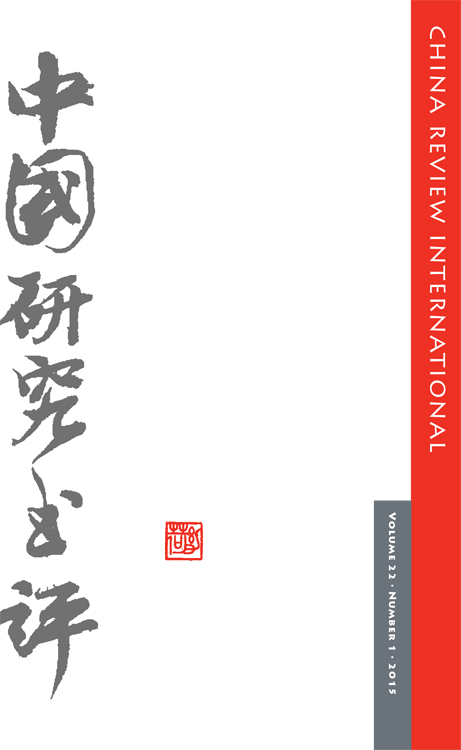
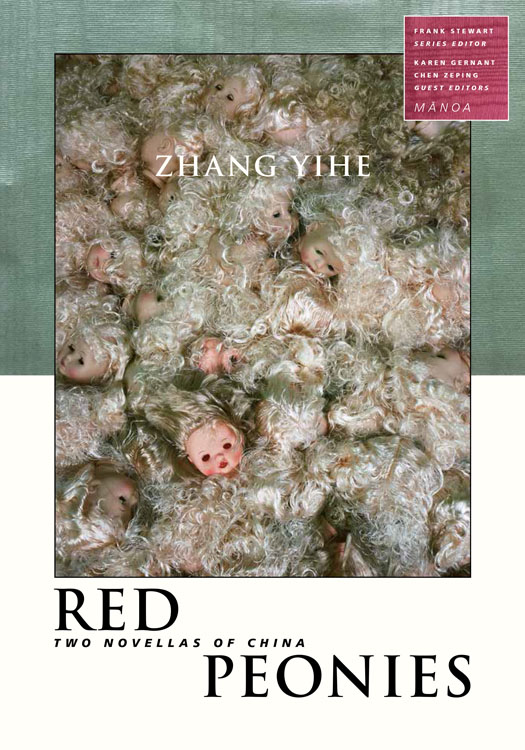

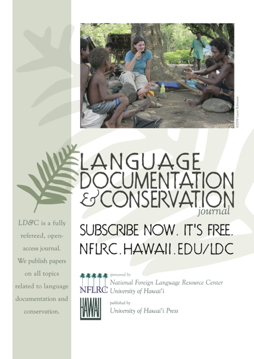

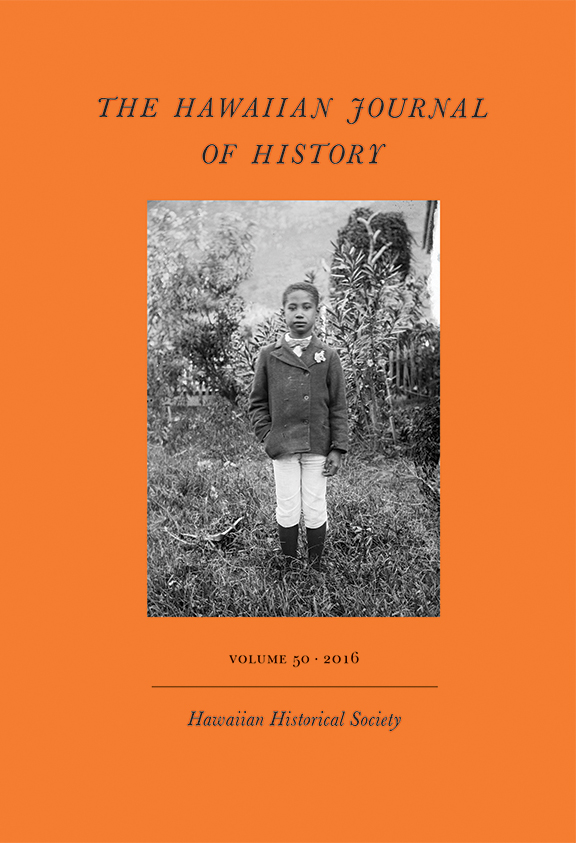
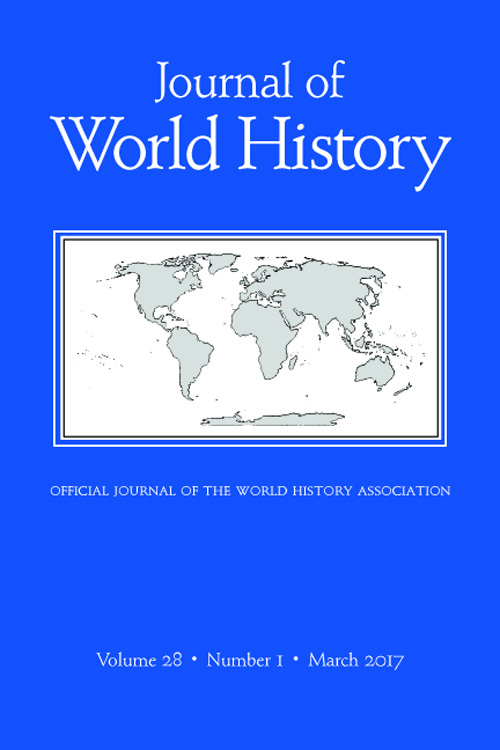
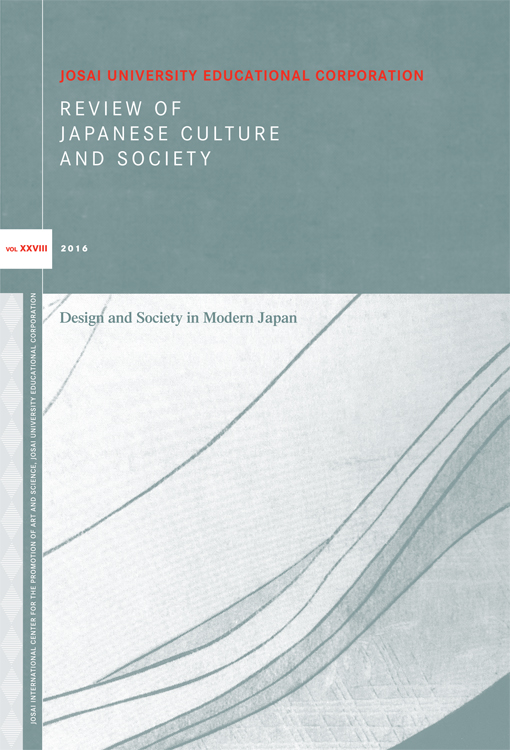 Review of Japanese Culture and Society
Review of Japanese Culture and Society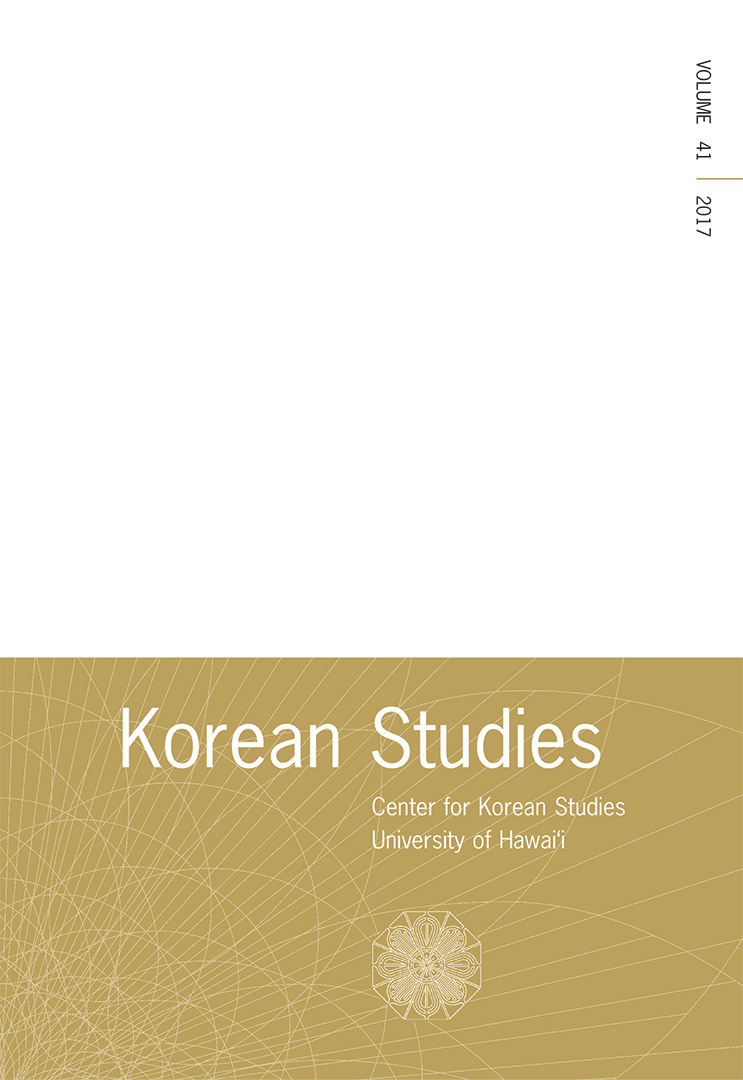 Korean Studies: A Multidisciplinary Journal on Korea and Koreans Abroad
Korean Studies: A Multidisciplinary Journal on Korea and Koreans Abroad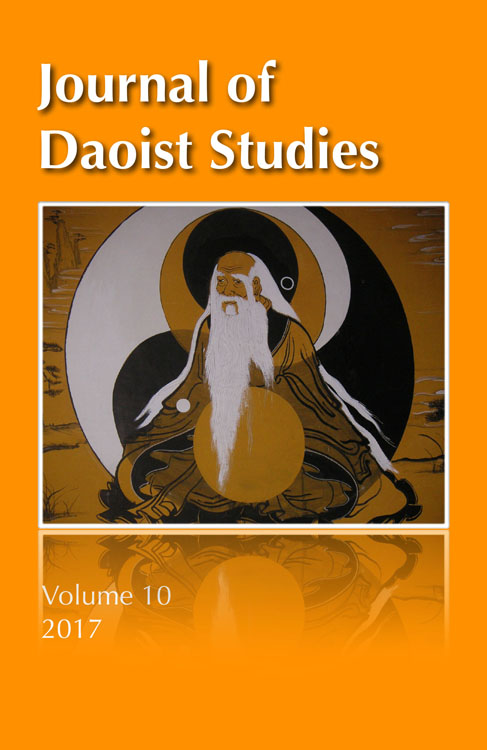 Journal of Daoist Studies
Journal of Daoist Studies